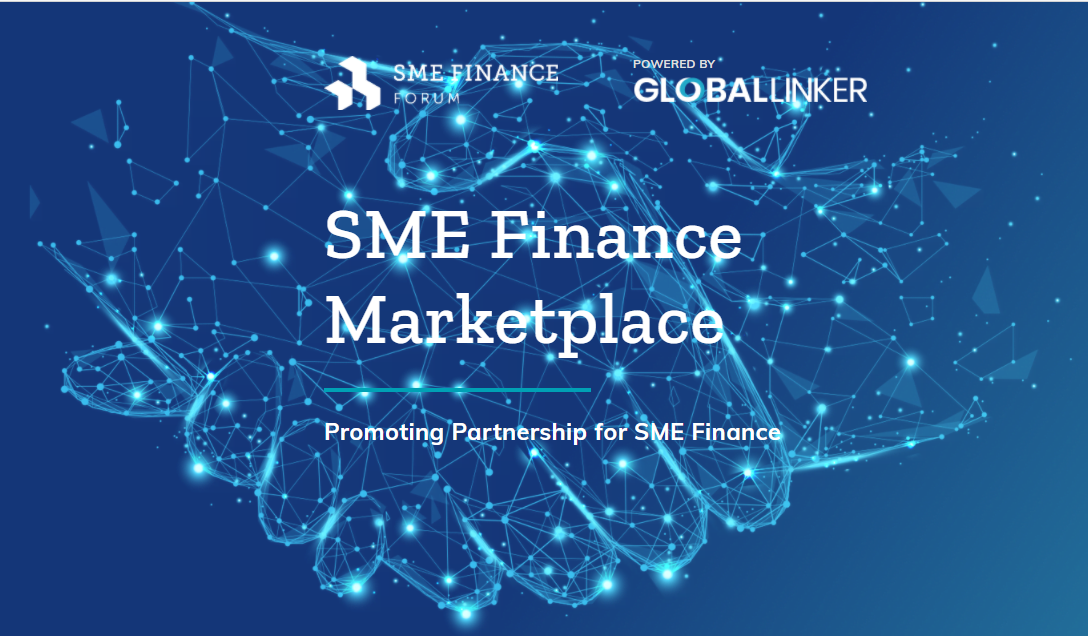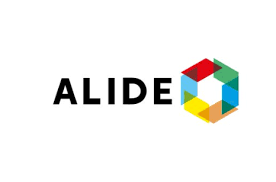Part of Muhammad Yunus’ genius in creating Grameen Bank was his development of group-based guarantees among the women he was lending to in rural Bangladeshi villages. Whereas conventional loans look at financial data to measure credit risk (collateral, cashflows, credit scores, etc.), Grameen loans sought to assess borrowers’ characters, by tapping into the trust networks that already existed in their communities. It was social underwriting.Of course, social underwriting is not new. This is how banking used to operate - watch George Bailey, the “good” banker in the film ‘It’s a Wonderful Life’, for a great example. But today, these time-honored principles of banking based on character, community and trust can be combined with digital tools, expanding access to capital for borrowers that conventional lenders might reject as too risky, or too unprofitable. That’s what we’re doing at Kiva Zip, in a process we call Social Underwriting 2.0.
Articles
The Power of Social Underwriting: Kiva Zip, on why it pays for lenders to tap the wisdom of the crowd By Jonny Price

Apr 07, 2015












